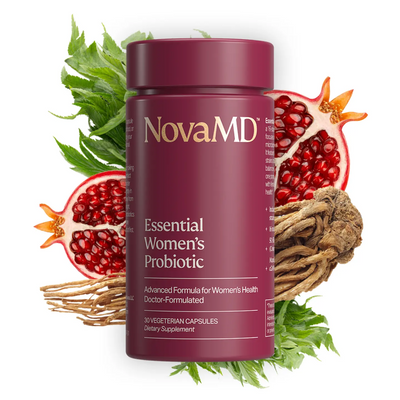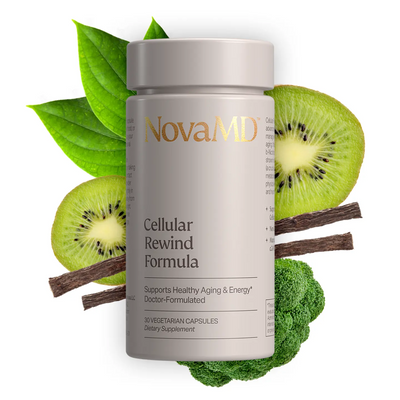Advanced Menopause Support
Relief for pre, peri, and postmenopausal women*


“I have been using this product for several month now and have recommended it to many of my family and friends. I’ve never had any adverse effects from it and for me, it works better than other similar supplements I’ve used. I’d say try it out for 3 months and you’ll be hooked! I’m 34 and feeling it but this stuff helps!”


















